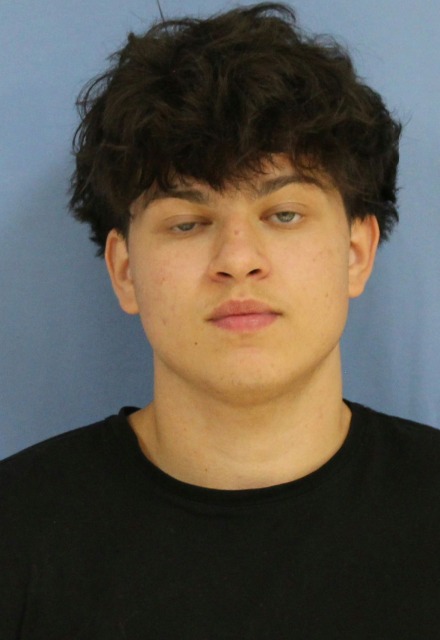St. John adopts stricter phone policy
Published 12:00 am Thursday, July 3, 2008
By JIM MUSTIAN
Staff Reporter
RESERVE – Cell phones are a fact of life for today’s youth.
Trending
Teenagers enjoy having them, and parents can benefit from keeping tabs on their youngsters.
But the virtual ubiquity of cell phones has also raised several questions for schoolteachers and administrators: Are students entitled to have cell phones at school? How severe should penalties be for students caught using them? What about emergencies?
When it comes to cell phones, state guidelines only forbid their usage in schools, so local school officials are charged with striking the balance between students’ convenience and the challenges the phones pose to campus security and classroom decorum.
Schools around the state and in the River Parishes have all taken different approaches and come up with varying solutions to the problem and some policies are still frequently reassessed.
After a one-year pilot program of allowing cell phones in high schools, St. John the Baptist Parish, for one, has determined that any perceived benefits of having phones at school don’t outweigh the headaches they give teachers in class and the calamity they can cause during emergencies.
Cell phones proved especially problematic at East St. John High School last year when droves of parents showed up at school demanding information and their children’s immediate release after four .45 caliber bullets were found on campus.
Trending
Many students had used their cell phones to alert their parents of the developments.
Later that month, officials cancelled classes for a day after several bomb threats had been made from a cell phone at school.
“Cell phones at school open your campus to a lot of unsafe things,” said Heidi Tomeny-Duhe, principal of Riverside Academy in Reserve. “A barrage of parents arriving at the school is not a good thing. When you have a large crisis at school, experts typically advise you to hold your school together.”
Riverside currently allows students to carry phones, but, as at many other schools, they must be turned off and can’t be visible.
For now, students caught with a phone receive detention and a parent is needed to pick up the phone. But Tomeny-Duhe said the school, in looking at other changing policies around the state, was considering implementing a financial penalty for next year.
Rapides Parish, for instance, recently introduced $15 fines that parents have to pay to pick up confiscated phones.
In re-implementing a complete ban, St. John is adopting the strictest cell phone policy in the River Parishes. Not only are phones banned, but officials also confiscate the ones they spot and keep them until the end of the school year at the first offense.
Possession of cell phones, however, is still allowed in St. Charles and St. James Parish
But in St. Charles, which has by far the most detailed policy in the area, students don’t lose their phones for the year until the fourth offense.
And St. James’ policy does not call for any specific penalties for students caught using phones but vaguely states that violations “may be grounds for disciplinary action, including but not limited to suspension,” according to the parish school board’s Web site.
The policy also features a clause permitting students to use cell phones during emergencies.
According to the research firm Yankee Group, more than 70 percent of teens owned cell phones as of last year. Another study by KidzEyes, the youth division of C&R Research, estimates that 20 percent of children between 6 and 8 years of age carry cell phones.
And those numbers are increasing.






